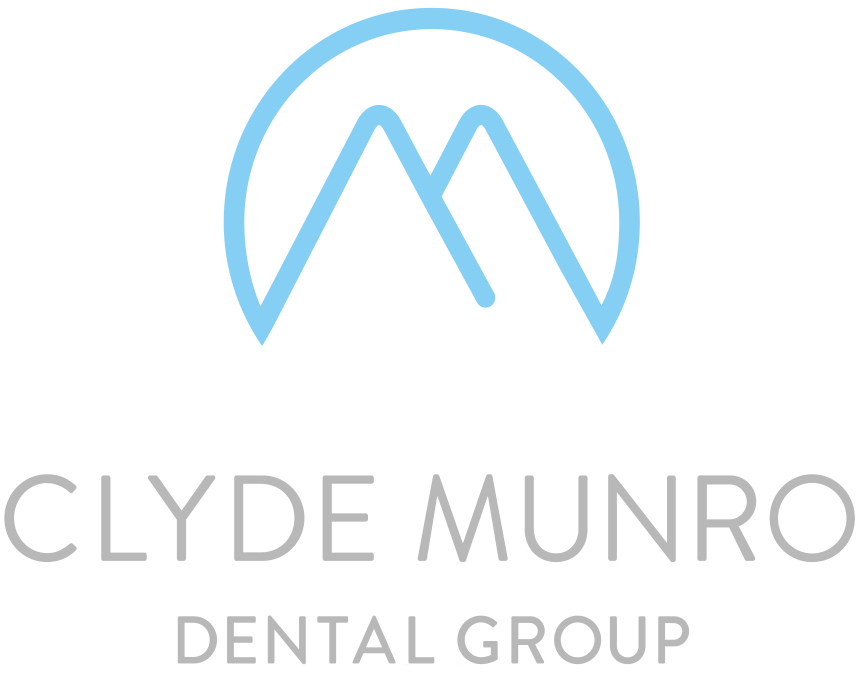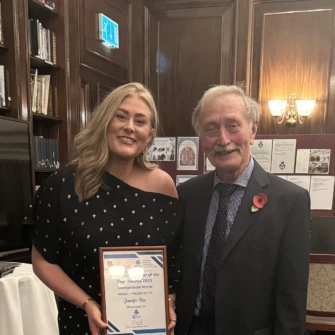November is Mouth Cancer Action Month: Here’s What You Need to Know
As we enter November, it's time to raise awareness about a critical health issue that doesn’t always get the attention it deserves: mouth cancer.
Published: 01 November 2024
Mouth Cancer Action Month is an annual campaign designed to encourage early detection and prevention of mouth cancer by educating the public on its signs, symptoms, and the importance of regular self-checks.
Mouth cancer can affect various areas in and around the mouth, including the lips, tongue, cheeks, gums, and even the tonsils. Early detection significantly increases the chance of successful treatment, so knowing what to look for and performing self-exams regularly could be life-saving.
Why Is Mouth Cancer Awareness Important?
Mouth cancer cases are rising. In recent years, mouth cancer has become one of the fastest-growing cancers in many regions, with contributing factors including tobacco use, alcohol consumption, HPV infection, and prolonged exposure to the sun (for lip cancers). Despite this, awareness about mouth cancer remains relatively low. That’s why Mouth Cancer Action Month is so important; it helps to educate people about the condition, the risks, and the ways to detect it early.
Signs and Symptoms to Watch Out For
Mouth cancer doesn’t always present noticeable symptoms right away, which is why self-exams and awareness of the following warning signs are so vital. Here are some symptoms that may indicate mouth cancer:
- Sores that don’t heal: Persistent sores or ulcers that last longer than three weeks.
- Lumps and swellings: Any unexplained lump or thickening in the mouth or neck.
- Red or white patches: Unusual red or white patches in the mouth, on the lips, gums, or tongue.
- Pain or numbness: Unexplained discomfort, numbness, or tenderness in the mouth, face, or neck.
- Difficulty moving jaw or tongue: Difficulty speaking, chewing, or swallowing.
- Changes in appearance or sensation: Any unusual change in colour, texture, or sensation in the mouth.
How to Perform a Self-Exam for Mouth Cancer
Taking a few minutes each month to check your mouth can make all the difference. Here’s a step-by-step guide on how to perform a self-exam:
Tip: Use a bright light and a mirror for this examination.
- Face: Start by looking at your entire face in the mirror. Check for any unusual lumps, bumps, or swellings that weren’t there before. Don’t forget to inspect your skin for any new spots or changes in colour.
- Neck: Run your fingers along the sides of your neck and under your jaw. Feel for any lumps or swellings that don’t feel normal.
- Lips: Pull your upper lip up and your bottom lip down. Look inside for any sores, lumps, or changes in colour that might be cause for concern.
- Gums: Use your fingers to feel around your gums. Gently press and feel for any unusual textures or lumps.
- Cheeks: Look inside your cheeks, paying attention to any red or white patches. Also, feel along the inner cheek walls to check for lumps, ulcers, or tenderness.
- Tongue: Stick your tongue out and examine the top, sides, and bottom. Look for any signs of swelling, ulcers, or colour changes. Lift your tongue to check underneath as well.
- Floor and Roof of Mouth: Tilt your head back and open wide to check the roof of your mouth. Look for any changes in colour, unusual textures, or sores. Finally, examine the floor of your mouth beneath your tongue.
If you notice anything out of the ordinary, don’t ignore it. A quick visit to the dentist for a professional check-up can help put your mind at ease or catch anything serious early.
Taking Action: What To Do if You Find Something Unusual
It’s important not to panic if you notice something unusual during your self-exam. Many mouth issues, such as sores or lumps, are not cancerous and could be caused by other factors. However, if any signs or symptoms persist for more than three weeks, it’s essential to seek advice from a dentist or healthcare professional.
Regular dental check-ups are another powerful preventive measure. Dentists are trained to spot early signs of mouth cancer and can monitor any areas of concern.
Preventive Tips for Mouth Cancer
While awareness and self-exams are crucial, taking preventive steps can help reduce your risk of developing mouth cancer:
- Quit smoking: Tobacco use is a leading cause of mouth cancer.
- Limit alcohol intake: Excessive alcohol consumption increases the risk.
- Eat a balanced diet: A healthy diet with plenty of fruits and vegetables supports overall health and may reduce cancer risk.
- Protect your lips: Use lip balm with SPF if you’re spending time outdoors, as prolonged sun exposure increases the risk of lip cancer.
- Get vaccinated against HPV: HPV is linked to mouth and throat cancers, so getting vaccinated can lower your risk.
Spreading the Word: Mouth Cancer Action Month
Mouth Cancer Action Month aims to save lives through awareness and early detection. By sharing this information, you can help raise awareness about mouth cancer and empower more people to take control of their oral health.
Don’t underestimate the power of early detection. If you spot something, get it checked. Remember, it’s always better to be safe and informed.
Let’s use November to spread awareness, encourage self-checks, and support Mouth Cancer Action Month.





